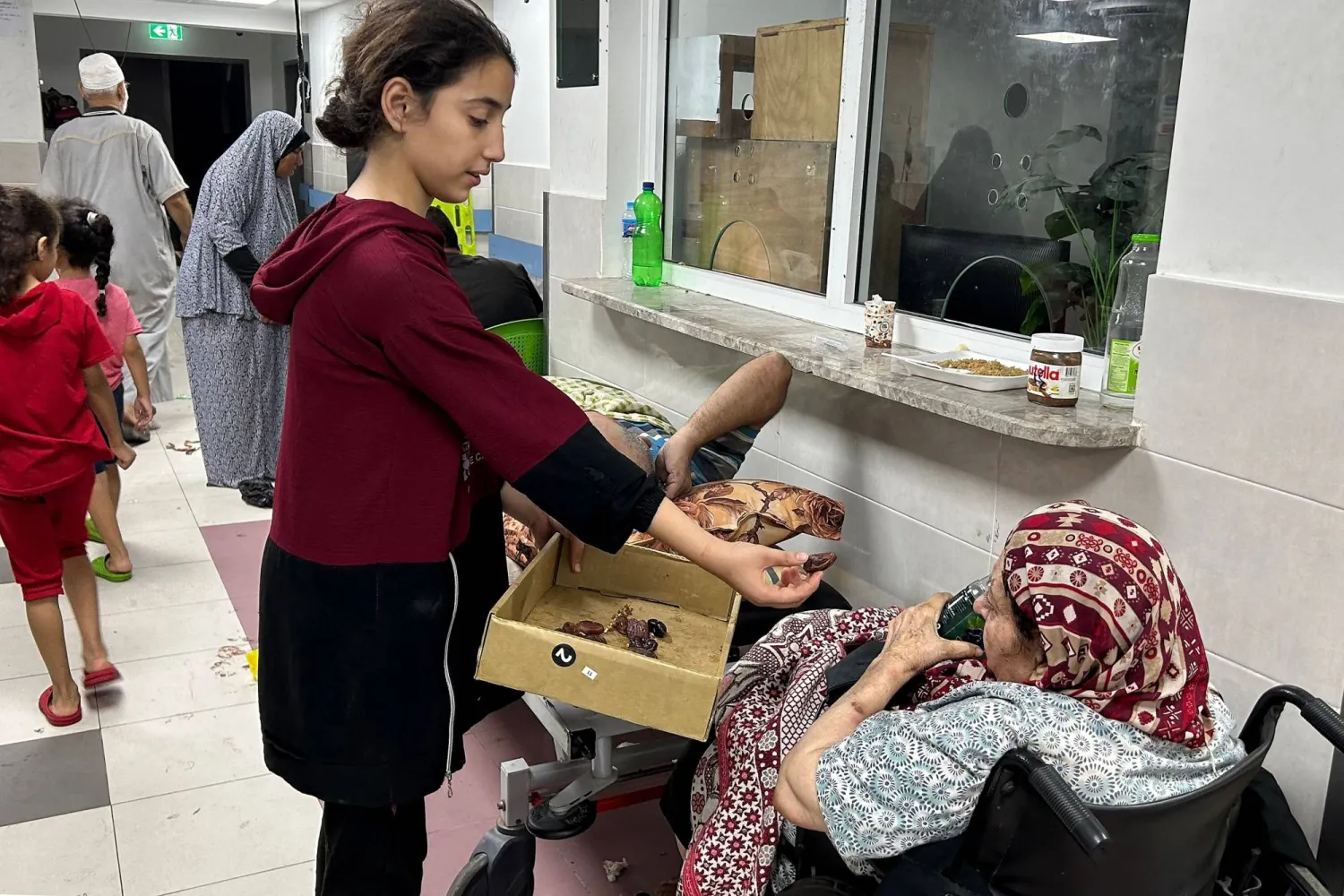A child is killed on average every 10 minutes in the Gaza Strip, World Health Organization Director-General Tedros Adhanom Ghebreyesus told the United Nations Security Council on Friday, warning: "Nowhere and no one is safe."
He said that half of Gaza's 36 hospitals and two-thirds of its primary healthcare centers were not functioning and those that were operating were way beyond their capacities, describing the healthcare system as being "on its knees."
"Hospital corridors crammed with the injured, the sick, the dying. Morgues overflowing. Surgery without anesthesia. Tens of thousands of displaced people sheltering at hospitals," Tedros told the 15-member council, according to Reuters.
Israel has vowed to wipe out Hamas, which rules the Gaza Strip, after an Oct. 7 attack in southern Israel in which it says the militants killed around 1,200 people and took more than 240 hostages. Israel has struck Gaza - an enclave of 2.3 million people - from the air, imposed a siege and launched a ground invasion.
"On average, a child is killed every 10 minutes in Gaza," Tedros said.
Since Oct. 7, the WHO has verified more than 250 attacks on healthcare in Gaza and the West Bank, while there had been 25 attacks on healthcare in Israel, Tedros said. Israel says Hamas hides weapons in tunnels under hospitals, charges Hamas denies.
WHO Chief: A Child is Killed on Average Every 10 Minutes in Gaza

Patients and internally displaced people are pictured at Al-Shifa hospital in Gaza City on November 10, 2023. (Photo by Khader Al Zanoun / AFP)

WHO Chief: A Child is Killed on Average Every 10 Minutes in Gaza

Patients and internally displaced people are pictured at Al-Shifa hospital in Gaza City on November 10, 2023. (Photo by Khader Al Zanoun / AFP)
لم تشترك بعد
انشئ حساباً خاصاً بك لتحصل على أخبار مخصصة لك ولتتمتع بخاصية حفظ المقالات وتتلقى نشراتنا البريدية المتنوعة







